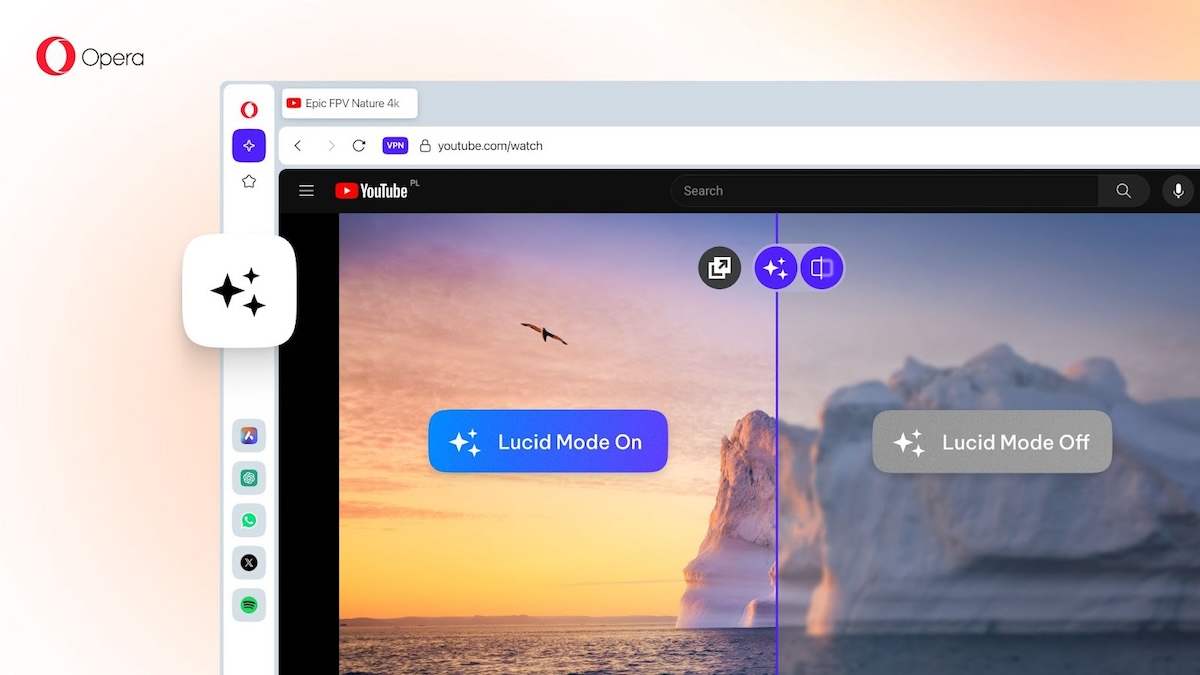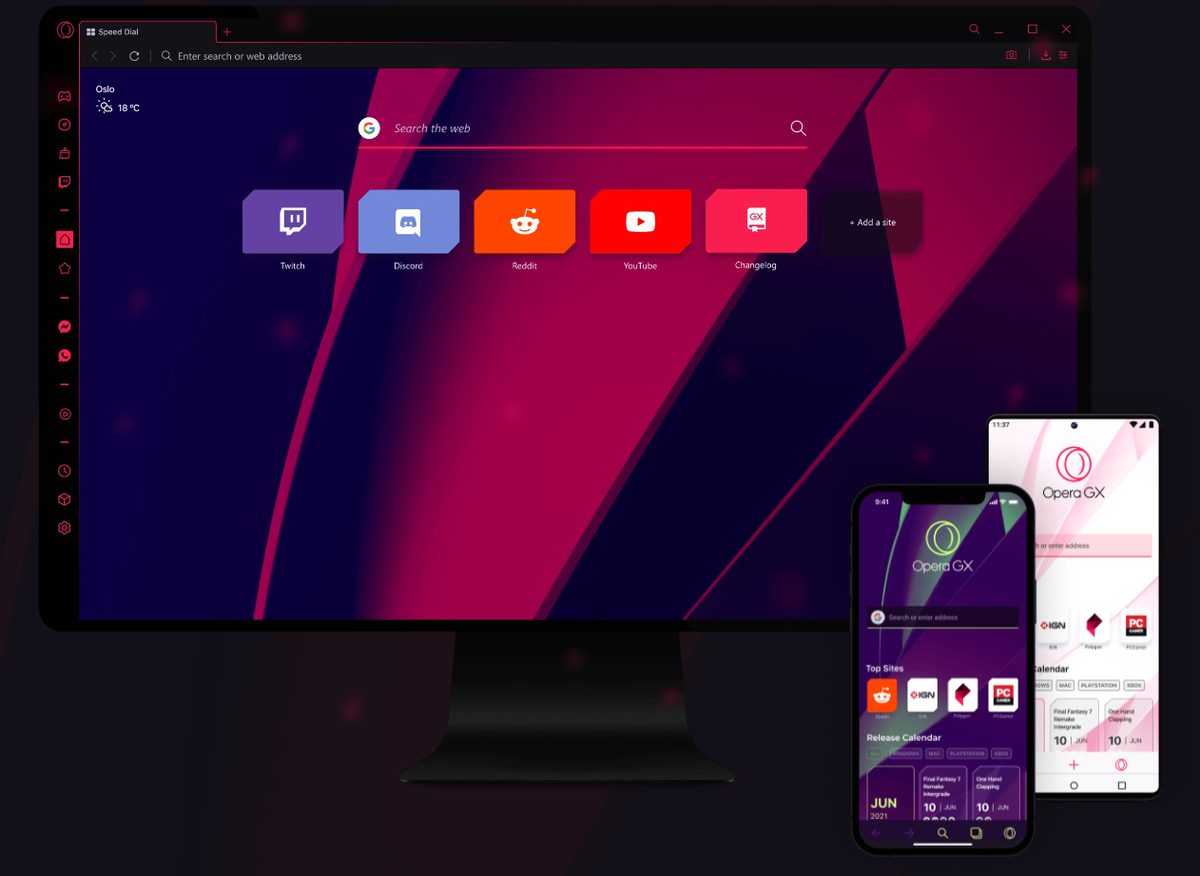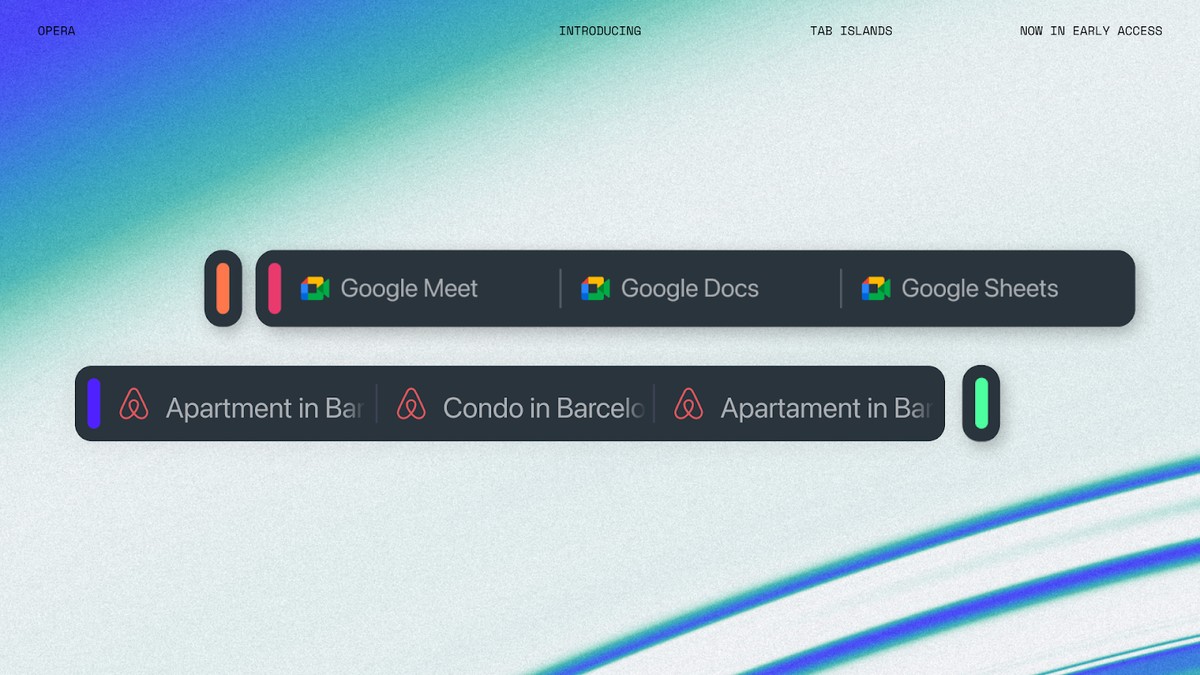Opera Software announces move to WebKit
Ever since Opera showcased a version of its mobile browser running on WebKit, codenamed Ice, I knew that the software company was considering switching to WebKit and ditching its own rendering engine in the process. It was not really clear if the company would go through with it or not. Today's press release confirms that Opera Software has decided to make a gradual transition to WebKit for "most of its upcoming versions of browsers for smartphones and computers".
What this means is that Opera browsers in the near future will use WebKit, the same engine that is powering Google Chrome, for its browser instead of the company's own Presto engine.
At first glance it looks like the right decision. Instead of having to spend development resources on a custom rendering engine, Opera Software can use and contribute to WebKit instead. Opera will give up some if its independence on the other hand and it is not clear how this will play out in the coming years.
What's almost certain though is that Opera will see a big performance and compatibility jump when the WebKit transition has been completed.
What we do not know yet, and what Opera did not reveal to me when I asked a company representative, is if the move to WebKit will impact the browser's functionality in any way. Will Opera provide its user base with the same set of features like before, or will it have to cut some features simply because they are not supported by WebKit?
Opera will introduce a preview version for Android running on WebKit on the upcoming Mobile World Congress in Barcelona later this month.
I for one am more interested in how this will play out for the desktop version of the Opera browser, especially if interface changes are made and if functionality will be removed in the process.
Here is a video of Opera Ice:
What's your take on this?
Advertisement

















I used Opera from 2000 to 2007, and switched to Firefox in 2008.
Last week I decided to install it again at workplace for some personal tabs which I can’t user conveniently in other browsers I use to work. Back to 2007 I saw substantial difference in speed between FF and Opera, — now I don’t. From my impression they are now comparable about rendering speed (will see on memory consumption).
So I expect from Opera move to Webkit only solving of compatibility problem, I even may consider to go back to Opera as my second choice instead of Chrome, — if they preserve UI customizability, which Chrome lacks and FF moving from (tabs at bottom, not only on top, menu bar, etc)
bad
opera is ideal for old computers: less ram, less cpu and fast.
chrome lets my cpu burn :(
well, features made Opera, fans love features, let see what happens…
Yeah just don’t know. I really want the customization from the opera now to stay and how opera handles zooming (every other browser does this wrong imo). Anything else I can probably live with.
This is pretty much my dream scenario. I stopped using Opera after the last several versions became more laggy and unresponsive, and went to Chrome. But I really missed a bunch of the features from Opera, so most of the time I end up using an old Opera version instead. What I really want is the speed of Chrome and the functions of Opera. And now I will have it… hopefully!
If Opera is going to go to Webkit, why not ditch them and just use Google Chrome or Safari?
It depends. If Opera stays true to what it is offering right now, then I do not see any issues to keep on using Opera. If they start to throw out features, that’s a different story then.
Long time Opera Desktop fan and user.
There is no reason why Opera desktop should lose any functionality because of this switch and I imagine it would be a serious mistake if the browser did.
This switch was inevitable, unfortunately. Standards of stability and website compatibility have dropped over the last few versions of Opera desktop so I imagine they had to do something drastic or just fade to death. If FF had Opera’s spatial navigation in as polished a form as Opera I’d have switched back already.
It would have been really nice if they had gone with gecko instead of webkit but sure Safari and Chrome are so ubiquitous now at least Opera will be able to display all websites correctly in the future.
For some reason my tired, demented little mind is thinking that the switch to webkit is a precursor to that fabled FB buyout. It would be very bad press if FB did the switch, but if it was done in advance then it’s not their fault…
I’m torn: the only drawback of Opera in my experience has been incompatibility with sites that only test with IE, Firefox, etc. Now that won’t be a problem… but at what cost?
Will Opera remain the ultra efficient, comparatively lightweight browser that does everything out of the box? Or will it be Chrome, with less community support for extensions?
I’m not happy about this change, because it implies less alternatives. If now Opera was an alternative to Firefox, Chrome and IE, after the change I don’t see any reason for Opera users to stick to Opera and not move to Chrome. The only way to prevent this is for them to offer Opera-style configuration and WebKit as web engine. But if they dumb down the browser, then it’s game over.
2Nebulus:
> I don’t see any reason for Opera users to stick to Opera and not move to Chrome
I don’t like Chrome for it’s Google’s “one design fits all” forced interface decisions , — tabs only on top, one button instead of menu… call me old-fashioned, but Chrome design is “yuck” for me.
So if there will be “browser using Chrome engine but old-style interface”, I’ll be glad to replace Chrome with it, and if FF will decide to rid of tabs at bottom completely, and Opera solves its compatibility problems with Webkit move, Opera can become my browser of choice again, as it was in 2001-2007.
The comment that most concerned me:
There is no answer to the main question. What will it be for users? What`s about mouse gestures, about UI, about menus, toolbars and buttons, about wand and MDI? What`s about M2? There is no webkit-based browsers as highly customizeable as Opera.
And the direct response:
we’re not going to comment (yet) on features of forthcoming products. But the aim is to move focus away from playing catch-up on rendering engine, and put more focus on the kind of UI innovations that you mention.
If they’re so foolish that what would come out of this is an another Chrome clone then the browser is DOA. I don’t think they’re that stupid, at least compared to Mozilla devs they look sane.
Well, it’s a bit difficult to look for alternatives, when the “big ones” are Chrome, Safari and derivatives of Chromium. There’s more to WebKit than what Chrome can show us!
If you want to look towards browsers that ALREADY manage to provide a decent (and configurable) front-end to a WebKit-engine, then look no further than AvantBrowser, for example. Last I knew, this was a one-man development job and the guy manages to use the three most-used engines (Trident, Gekko and WebKit) in his browser.
Knowing all that, I’m sure that Opera has at least a chance to come out on top.
@Daniel
Implore the Viking gods
Having been a user of Opera for more than a decade, I can’t count how often I’ve had issues with this webpage or that one in their browser. But when it worked, it provided the best browsing experience of all. It has more features than Firefox, but the handling feels faster (which should not be that hard, since Firefox uses the slow XUL-engine).
The low turnout – only about 1-4 percent of web surfers use the browser – despite their long history in developing a web browser isn’t just some random statistic coming from nowhere. If you use Opera, it is inevitable that you will need to invest time and thought into the challenges you face. Sometimes incompatible web-sites can be made to work by masking Opera as another browser, but other times you may need a second browser on your system. This two-tiered system makes using Opera difficult for the vast majority of (regular) people, who just want a simple browser they can use without caring about those issues.
While there are undoubtedly positives about this move to WebKit, I worry about Opera totally disappearing in the Nirvana. I’ve kept using Opera – even if not always as my first browser – because it is feature rich and feels fast enough. Yes, lately there have been concerns about its lack of back-end speed in (mostly theoretical) benchmarks that measure JavaScript. HTML5 and such stuff. This was a growing concern of mine, because I keep reading their developer blog where they post alpha & beta releases and they didn’t even mention any work done on improving the performance.
For me it comes down to this: if they manage to keep what makes the Opera browser into such an attractive package – the feature rich yet fast operating surface – then I believe that the golden times of Opera could be on hand. Combine the Opera design philosophy with the fast back-end of Google’s Chrome browser and you have a total winner.
But, will it work that way? Only time can tell.
Correction: I of course meant for almost a decade. Sorry :)
And that same day, I read this (comments are interesting):
http://my.opera.com/chooseopera/blog/2013/02/13/300-million-and-counting
I for one are glad for this move, as long as they keep all the old opera functionality and compatibility completely intact.
@KoalaBear
In a more or less near future, all browsers will use Webkit, I do not think developers will make the slightest effort. Few do already. I think Opera has had enough of trying to convince developers and large sites make efforts (cf: MS or Google sites, Facebook or Tweeter who did not work or bad very often)
@Nerdebue:
That is not the problem of WebKit, or that browsers use WebKet. It’s the problem of webdevelopers.
I cannot compare this to the IE6 problem, because at that time it was the ‘only’ browser (sort of), definately for businesses. Now we have multiple, where WebKit is leading in features / support.
But offcourse, if webdevelopers only use WebKit prefixes some sort of compatability problem remains. Hope that developers use as much prefixes as available. I use Visual Studio (2012), with the Web Developer add-on, which is already recommending to add missing browser prefixes.
This is really disastrous for the future of the Web, and I fear the worst for Opera (and all its features)
A few days ago, an appeal was launched against the “threat” Webkit:
http://www.glazman.org/weblog/dotclear/index.php?post/2012/02/09/CALL-FOR-ACTION%3A-THE-OPEN-WEB-NEEDS-YOU-NOW
@ilev
No need for that.
@Kamil
Mozilla won’t have a chance and Firefox will be neglected just as IE is, if Mozilla will continue to cling to Gecko.
Will Firefox be the next to move to WebKit ?
It will make it more easy to support Opera as a supported browser and easier for sites like caniuse.com
Also because their market-share is too low to justify spending too much time for it. So with WebKit you can also say if it works in Chrome, it will work in Opera.